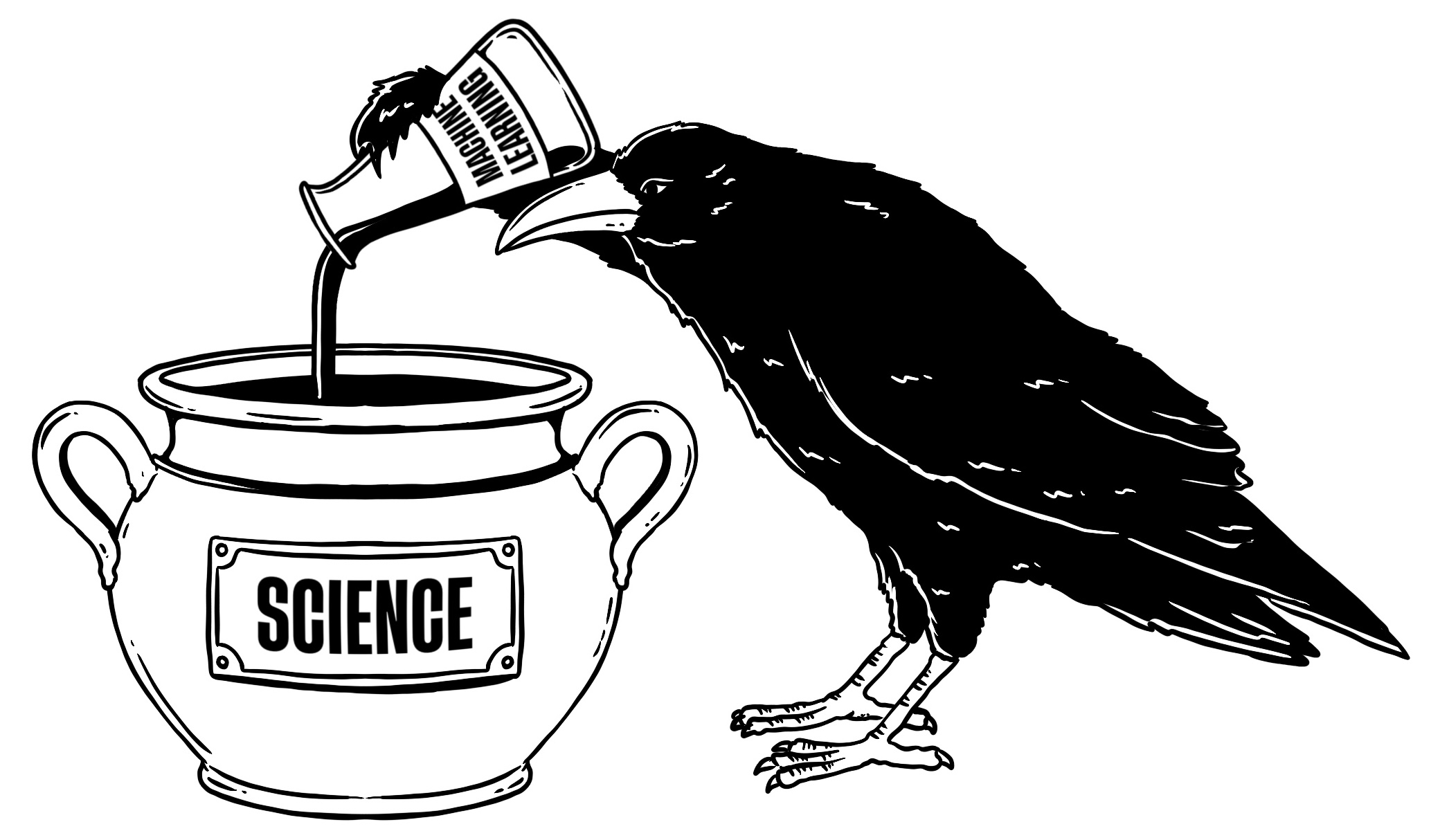Justifying Machine Learning For Science
In this first part of the book, we look at machine learning from a philosophical angle. How can machine learning help to advance science? After all, isn’t machine learning only a tool for making better predictions?
In this part, we discuss, on the one hand, the importance that predictions take in science and justify machine learning based on its predictive powers. On the other hand, we emphasize the importance of other scientific goals like enabling control, explanations, and reasoning, and describe how they clash with the hyperfocus of current machine learning on prediction. We finish this part by highlighting several concrete limitations of bare-bones machine learning. To learn how to tackle these limitations, you should check out Part II of the book.
Concretely, Part I consists of the following chapters:
- 3 The Role of Prediction in Science : Prediction takes a central role in science.
- 4 Justification to Use Machine Learning : Machine learning enhances scientists’ predictive powers.
- 5 Machine Learning and Other Scientific Goals: A Clash : Science has goals beyond prediction like control, explanation, and reasoning.
- 6 Bare-Bones Machine Learning is Insufficient : Bare-bones supervised machine learning has concrete limitations.
